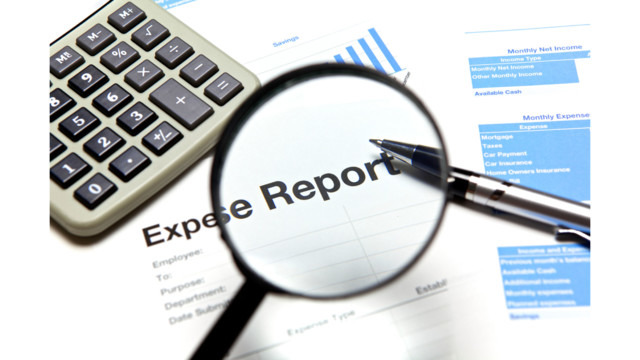Flexibility and transparency in the workplace are top priorities right now for employees following the remote work renaissance induced by the pandemic. Amid the “Great Reshuffle,” flexible environments are at the top of many workers’ wish lists as they look for new companies at which to exercise their talent.
Yet, employers have to be cautious; too much trust can come with setbacks, should employees attempt to take advantage. After all, as reported by the Association of Certified Fraud Examiners, 17% of all business fraud occurs in-house, specifically through employee expense reimbursements.
In new research from Beanworks on the State of Accounts Payable, we found that a whopping 61% of finance professionals said their department has encountered employee expense abuse. Today, employers are faced with the challenge of providing a trustworthy environment while simultaneously ensuring everyone is adhering to expense policies.
The problem
First, let’s take a look at the most common types of expense fraud so we know what financial professionals are up against:
- Incorrect costs — This is a common and easy example when businesses do not require original documents for reimbursements. Employees can alter final prices on photocopies and a $9 Uber can quickly inflate to a $29 ride.
- Spurious receipts — You would be surprised just how far some employees are willing to go to falsify receipts for trips to restaurants, stores, and various health care providers to take advantage of insurance benefits.
- Out of policy expenses — This type of fraud happens when someone tries to get a reimbursement for a personal purchase that is non-business-related or outside the company policy.
- Double dipping — Employees may try to slip one past your AP team and receive multiple reimbursements for a single purchase using more than one proof of purchase such as the paper receipt and an email copy.
It can be difficult to hold guilty employees accountable when accounting teams are already busy sustaining critical, external business functions.
Sure, employers can put policies in place to reduce fraud such as requiring original receipts, designing dynamic approvals, and conducting routine audits. But whether on purpose or absent-mindedly, mistakes are bound to happen as employees manage the balance of personal and professional expenses–and traditional AP teams are forced to sift through countless piles of expense reports to make sure everything is accounted for.
To help prevent expense abuse and build up trust, both the employer and employee need a system that makes expense management quicker and easier.
The solution
The good news is there is a way to make expense management faster, more efficient, and less prone to fraud, allowing the benefits to be realized and reaped on both sides of the business: automation.
The benefits of automation are endless. 95% of finance professionals agree that a cloud-based accounting system increases visibility to all parties involved in the accounts payable process, inevitably increasing visibility and preventing more slips in the process. Not to mention, accounting teams driven to their wits’ end from the pandemic and manual process benefit from automation perhaps more than any other.
76% of finance professionals report increased productivity and less overtime through automation–and 89% saw decreased labor costs. Perhaps most importantly of all, 79% of finance professionals report increased communication within their AP function and say that their automated AP platform is effective at flagging potentially fraudulent billing and/or payments thanks to the benefits of automation.
Enforcing an expense management policy can be a challenge when processes are manual. While trust between a business and its employees is crucial to success, companies will need automation tools that can help detect forgery that humans can’t. That way, accounting teams can focus on moving the company forward rather than detecting leaks from the inside.
=====
Catherine Dahl is the CEO and co-founder of Beanworks, the industry-leading accounts payable (AP) automation software. A CPA for more than 25 years, Catherine has steered Beanworks to become one of the fastest-growing organizations in British Columbia.
Thanks for reading CPA Practice Advisor!
Subscribe Already registered? Log In
Need more information? Read the FAQs
Tags: Benefits




